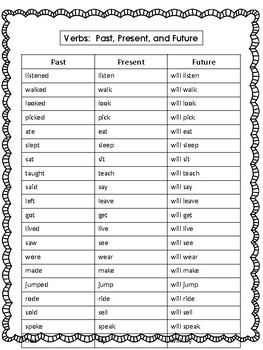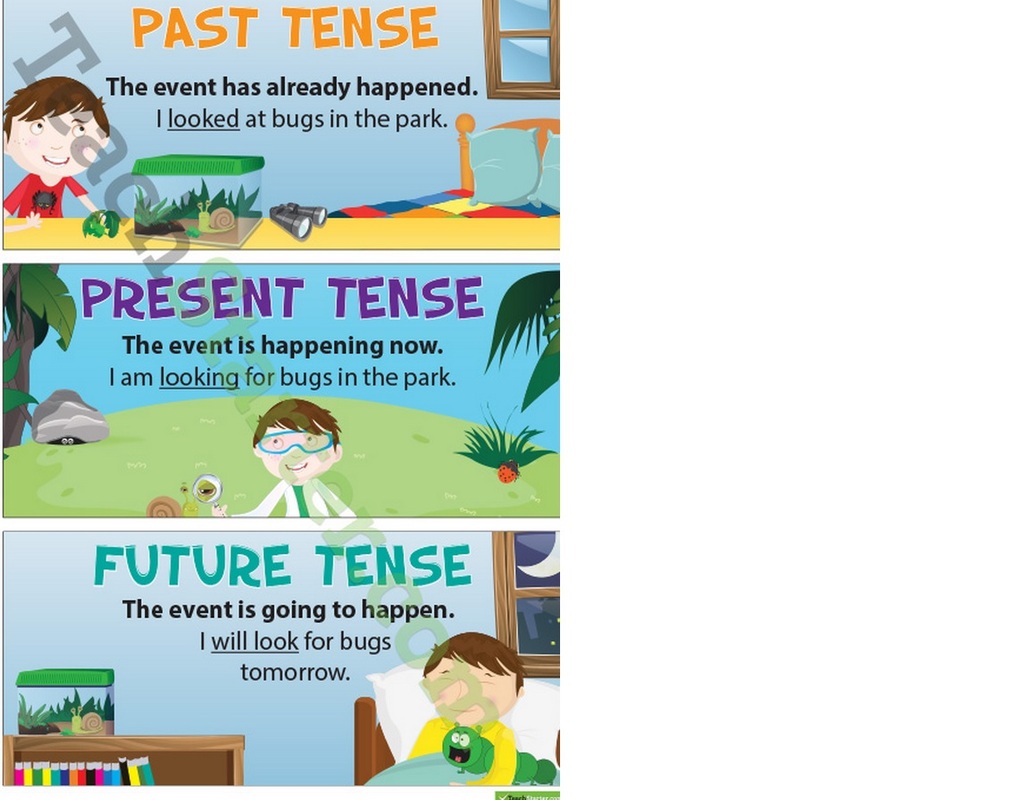

Prior to the interviews, the students responded to a briefĢ. Here is anġ.4 During the data collection process, QuirkĬonducted 27 interviews with students in hisĬlass. Talking about events that occurred in the past. The reason is that, in this instance, you are not emphasizing theįindings of the research or its significance, but Past tense, as you would normally use in conversation. Or what happened during the research process, you will more commonly use the Methods, the process of research and data collection, However, if you are writing about specific research The past tense in Example 1.3 emphasizes the finding at the time the research was conducted, Possibly, the continuity of the findings as an authoritative statement on the causes of death. General acceptance but also current relevance and, The present perfect tense in 1.2 implies not only Of the research are generally accepted, whereas If you choose the present tense, as in Example 1.1, you're implying that the findings 1.3 According to McMillan (1996), the most common cause of death was car accidents.1.2 According to McMillan (1996), the most common cause of death has been car accidents.1.1 According to McMillan (1996), the most common cause of death is car accidents.You have several options for communicating research findings, and each has a different rhetorical effect. As such, your tense choices can indicate to readers the status of the research you're citing. Academic writing generally concerns writing about research. Below we cover the guidelines for verb tenses in a variety of genres.ġ. "past perfect continuous" (or) "past perfectĬonventions governing the use of tenses inĪcademic writing differ somewhat from ordinary.


The big problem are the causatives, like "I have my car washed every day". 'BE','BEG','BEN','BED','BEDZ','BEZ','BEM','BER',Ĭonditional perfect continuous passive: I left only verb tags to simplify the task a little bit, then used nltk's RegexpParser. This is what I got so far (you might want to read nltk book grammar parsing section, too):
#Past tense present tense future tense code
Or alternatively, should I be using a different parser from within nltk to increase accuracy? If not, hope the above code may help someone else! The accuracy is moderately decent, but I am wondering if there is a better way of doing this.įor example, is there now by-chance a package written which is more dedicated to extracting the tense of a sentence?. This returns a value for the usage of past/present/future verbs, which I typically then take the max value of as the tense of the sentence. Following several other posts, I wrote the following code to determine tense of a sentence in Python using POS tagging: from nltk import word_tokenize, pos_tag


 0 kommentar(er)
0 kommentar(er)
